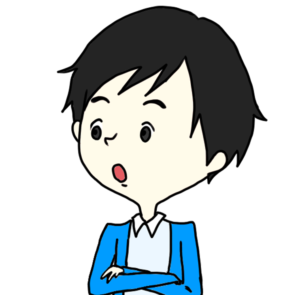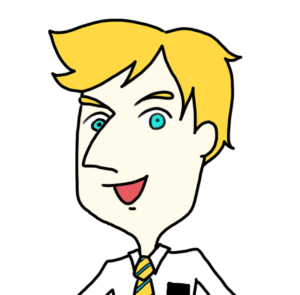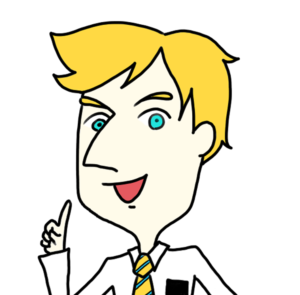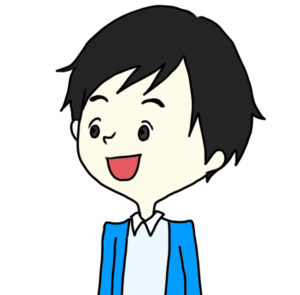


Why the long face?
唐突に「どうして長い顔なの?」とぶしつけな質問をしているわけではありません。
long face を直訳すると「長い顔」ですが、実は「浮かない顔つき」の意味があります。
Why the long face? は、悲しそうに見える相手を心配して、「浮かない顔をして、どうしたの?」とたずねる定型表現です。
A: Why the long face, Amanda?
(どうして悲しい顔をしているの、アマンダ)
B: I lost my ticket for the baseball game tonight.
(今夜の野球のチケットをなくしたの)
Why the long face? は主語と動詞を省略した言い方ですが、
フルセンテンスで Why do you have such a long face?(なんでそんなに悲しそうな表情をしているの?)などと
言うこともあります。いずれも、どこか元気のない相手を気づかうときのフレーズです。
なお、実際に顔の長さについて話すときにも、
He has a long face.(彼は面長だ)のように、long face を用いることができます。
その他の表現
ほかにも、落ち込んだ様子の相手に声をかける際の定型句があります。
Did something happen? や What’s the matter? あるいは What’s wrong? といった、
「どうかしましたか」を意味する表現が使えます。
A: You look down. Did something happen?
(めいっているようだね。何かあったの?)
B: My boss yelled at me for a small mistake.
(些細なミスで上司に叱られたんだ)
*ここでの down は、悲しくて意気消沈している様子を表します。
A: You seem sad today. What’s the matter?
(今日は悲しそうですね。どうしたのですか?)
B: It’s my first birthday since my grandfather passed away. I really miss him.
(祖父が亡くなって最初の誕生日なんです。とても寂しくて)




